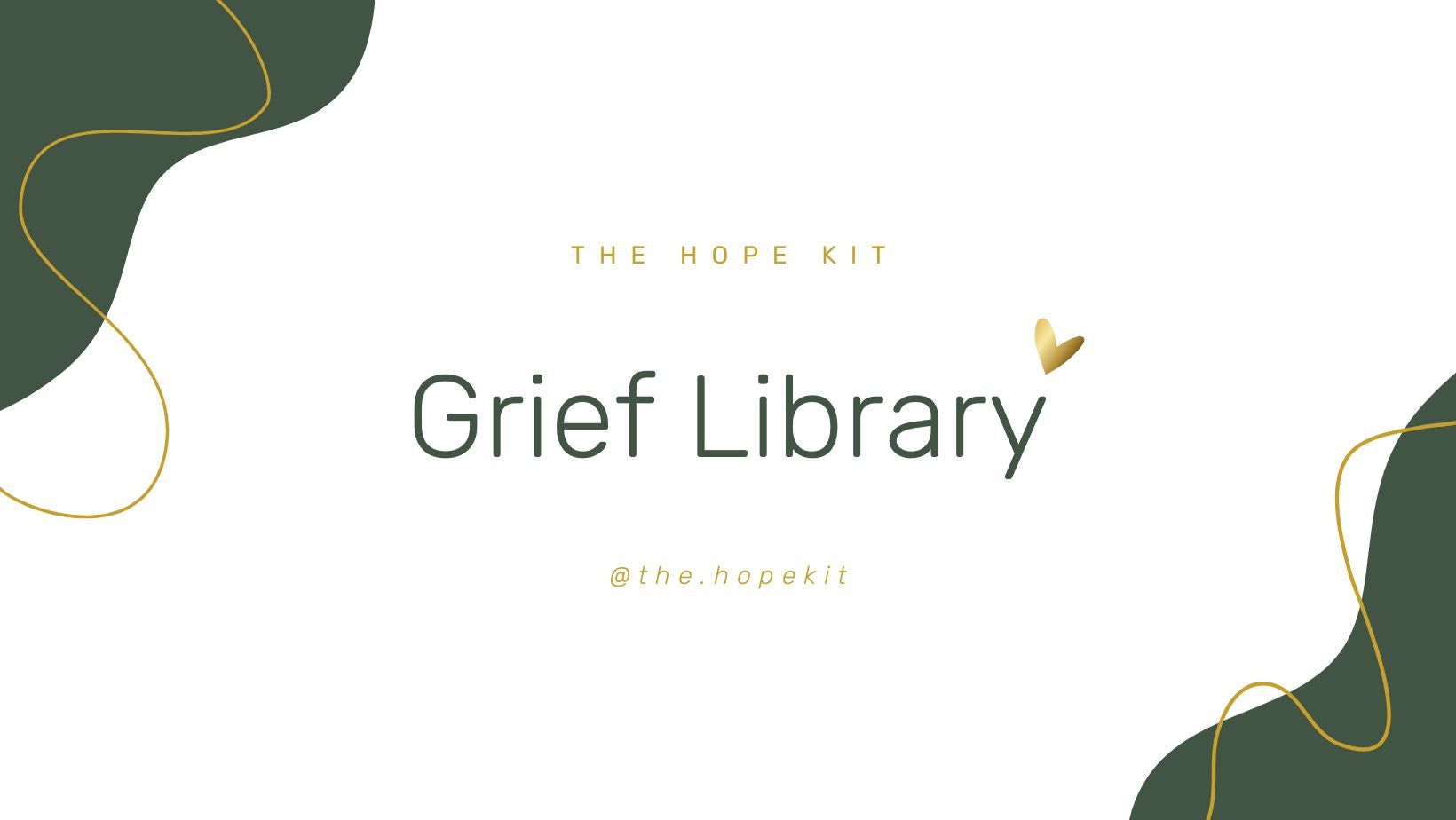"Grief and Service: How Avoiding Helping Others Can Harm Your Healing Process"
The grieving process can be a challenging and difficult journey, and it's important to find ways to cope with the emotions that come with it. One of the ways to cope with grief is through service, by helping others, and by giving back to the community. However, avoiding service can have a negative impact on your grief and can worsen the healing process.
In this article, we'll explore the 10 negative impacts that not involving yourself in service can have on your grief. From feelings of isolation and lack of purpose to difficulty coping and increased feelings of depression and hopelessness, we'll examine how avoiding service can harm your healing process.
These eye-catching and intriguing titles will give you an idea of the negative impact of avoiding service on grief and will encourage you to consider service as an option to cope with your grief.
- Isolation: Not involving yourself in service can lead to isolation, which can be exacerbated during the grieving process.
- Lack of purpose: Without the opportunity to give back and help others, an individual may feel a lack of purpose and direction during grief.
- Difficulty coping: Without the opportunity to channel emotions into something positive, individuals may have trouble dealing with their grief and mourning.
- Increased feelings of helplessness: Without the opportunity to make a difference in the lives of others, an individual may feel a sense of helplessness during their grief.
- Difficulty moving forward: Without the opportunity to work through their emotions, individuals may find it more challenging to move forward and come to terms with their loss.
- Difficulty connecting with others: With the opportunity to connect through service, individuals may find it easier to form connections and build a supportive network during their grief.
- Increased feelings of depression and hopelessness: Without the opportunity to engage in activities that promote well-being and a sense of accomplishment, an individual may experience increased feelings of depression and hopelessness during their grief.
- Difficulty dealing with emotions: With the opportunity to channel emotions into something positive, an individual may find it easier to deal with the complexity of emotions that come with grief.
- Difficulty finding meaning in their loss: Without the opportunity to find meaning in their loss through service, an individual may struggle to find purpose and a sense of direction during their grief.
- Difficulty finding a sense of peace and closure: Without the opportunity to work through their emotions and come to terms with their loss, individuals may find it more difficult to find a sense of peace and closure during their grief.
In conclusion, avoiding service and not getting involved in helping others can greatly exacerbate the negative effects of grief. From hindering the healing process and prolonging feelings of isolation and loneliness to increasing the risk of depression and physical health problems, the consequences of inaction can be significant. It's important to remember that service and giving back to others can serve as a powerful tools in coping with grief and finding meaning in the aftermath of loss. It allows us to channel our emotions into something positive and to connect with others who may be going through similar experiences.
So, next time you're struggling with grief, consider reaching out to your community and getting involved in service. You may be surprised at the positive impact it can have on your mental and physical well-being.
"The best way to find yourself is to lose yourself in the service of others." - Mahatma Gandhi
"The Hope Team"




